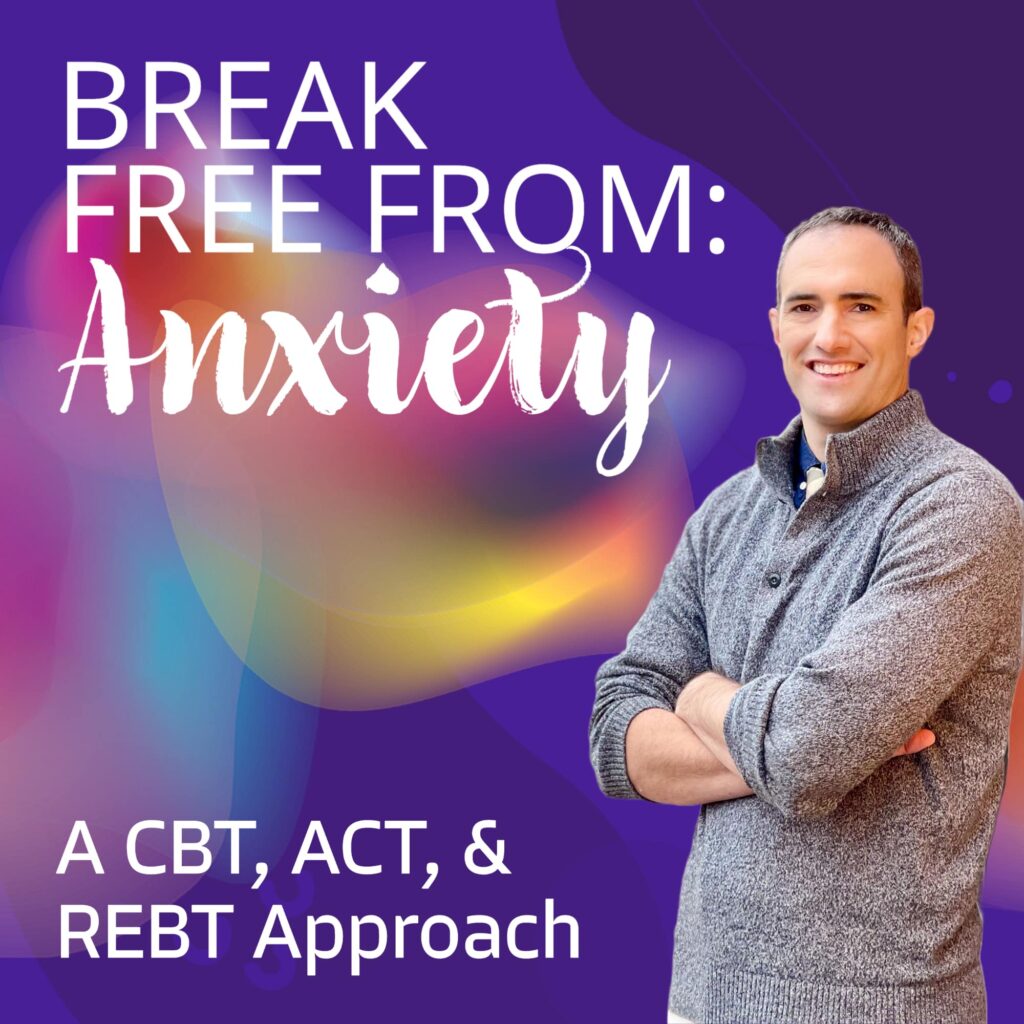Despite therapists, psychiatrist have varying “style” I believe that there are a few core traits that make each sucessful, and that is their ability to connect to clients.
[/et_pb_tex[et_pb_divider color=”rgba(227,160,2,0.82)” divider_position=”center” divider_weight=”3px” _builder_version=”4.18.0″ _module_preset=”default” width=”100%” max_width=”100%” custom_margin=”||0px||false|false” locked=”off” global_colors_info=”{}” theme_builder_area=”post_content”][/et_pb_divider][et_pb_text ul_item_indent=”40px” admin_label=”Text” _builder_version=”4.18.0″ text_font=”Archivo Narrow|700|||||||” text_text_color=”#c06c35″ text_font_size=”18px” background_size=”initial” background_position=”top_left” background_repeat=”repeat” locked=”off” global_colors_info=”{}” theme_builder_area=”post_content”]KEY TAKEAWAYS
[/et_pb_tex[et_pb_text ul_type=”square” ul_item_indent=”40px” admin_label=”Text” _builder_version=”4.19.4″ text_font=”|600|||||||” text_text_color=”rgba(0,0,0,0.7)” background_size=”initial” background_position=”top_left” background_repeat=”repeat” custom_margin=”||-1px||false|false” locked=”off” global_colors_info=”{}” theme_builder_area=”post_content”]- A career path that hinges on social connection would require excellent communication, empathy.
- A psychiatrist / therapist may have a difficult session, and then be challenged to convey a positive attitude toward the next patient.
In this article, I wanted to talk about what it takes to become a psychiatrist, because I know the fields of psychiatry can seem somewhat foreign to somebody who’s not in it, and they might have a little bit of questions about what to expect as a psychiatrist.
I think anybody can be a psychiatrist, but I wanted to go over what are some traits that can help you get through some of the hardest situations in psychiatry?
So you can either become a psychiatrist or you can become a therapist psychiatry, you go down the med school path, or you could become a therapist and get either a masters or doctoral level degree in psychology and practice clinically.
If you’re going to psychiatry, of course, that means that you have to go to medical school first and you need to have an interest in science, biology, engineering, math, chemistry and physics, but you can also take this route of going into therapy and you don’t necessarily need to excel in these fields because you can just get a therapy degree.
You could potentially do psychology major and then go into therapy as a master’s degree program afterwards.
To be successful in therapy, you must enjoy talking to people!
[00:00:59] Bruce Bassi: If you’re going to be practicing in psychiatry clinically, of course, you need to enjoy talking to people and meeting new people. And what does that include? Essentially, you need to enjoy talking and exploring how people think on a microscopic and macroscopic level.
And what do I mean by that? I mean, that you have to be curious about where people’s behaviors come from. What makes people tick? And be interested and curious about what people do and why they do it.
You might also need to have an interest in how to motivate people for change. They’re going to be people who come to you who want something to change, but they don’t necessarily want to change it because they have a number of reasons that they like it the way it is. So they come to you with this internal conflict about the way something is and the way they want it to be and you have to help them work through that challenge, that issue. And explore all different routes and figure out why they remain stuck and their current situation, circumstance.
And the more they remain stuck, they might blame you and they might blame you for not helping them change. And all these are seeing as this continued suffering, and pain that they’re going through and they might see you, as somewhat kind of a cause or not helping, for that matter. And so they may blame you for not helping them.
And from a more macroscopic level, you need to be curious about how various outside factors can have an influence on people’s decision-making, such as one’s mood or one’s relationships or they’re asleep or any sort of other medical issues that are going on.
Getting along with a wide variety of people will help you excel in therapy
[00:02:13] Bruce Bassi: Number two, you also need to try to get along with a wide variety of people. You’re going to meet people with a lot of different personality types and you have to learn how to put your own feelings aside for a second and get along with everybody to try to help them the best you can. So you’re going to see people who are both quiet and really loud and outgoing, but also other individuals who are reserved and people who have difficulty communicating their thoughts and emotions and other people who are very anxious. Or they might be anxious in different circumstances or there might be things about you that make them anxious. So it’s a wide variety of people. And so you have to establish rapport with them quickly. And what that means is a first impression with good bedside manner. Be pleasant and agreeable and, and good with your social skills, in meeting a lot of people from different cultural backgrounds.
Some people like me. I actually really enjoy meeting people with different backgrounds. That’s why I love virtual psychiatry so much is that I see people in different states. So I might see an investment banker and then a farmer. And then a teacher and then a police officer, then a judge. And so it’s a huge wide variety of people that I see back to back in one day in particular. And also geographically different. Like you could see how people’s interests and Florida versus Texas versus California and New York. They’re not the same. They have different interests. They have different viewpoints. They haven’t diff. They have different views on politics. And you are not going to want to get into arguments with all of your clients, you have to put your own views aside and kind of be curious and allow them to explore their own thoughts and help them help guide them to what they see as the best route. Not what you think is the best route for treating them. You want to figure out what their values are and help craft a treatment plan that’s consistent with their own values.
One challenge in psychiatry will be to compartmentalize your emotions
[00:03:59] Bruce Bassi: What about number three? You’re going to want to try your hardest to not let other people’s issues impact you because every appointment, you’re going to be understanding that individual’s issues and maybe even multiple issues throughout their life. They might hit you with a divorce, unemployment, thoughts of suicide. They might be struggling with potential homelessness even, and you have to be able to isolate your own feelings, although show empathy upfront. You can’t let that continue to carry over throughout the day. And that’s really, really difficult to be able to connect with somebody, on an emotional level and express empathy, but also isolated it to that appointment and then to be able to package it up. Put it aside and then be a neutral, positive, friendly face for the next person.
And granted not everybody is going through a crisis back to back. You’re going to see individuals get better. And you’re going to see people are thankful and not every session is going to be deep and dark, back-to-back, but some might be, and you need to figure out ways that you yourself can be more resilient to try to protect yourself so that you could be the best clinician that you can be.
And also the more you can put your emotions aside. It allows you to think more objectively about a situation, their presentation. So that you can give them the best care that you can give because you’re not skewed by any sort of outside emotions, and you’re thinking about all their symptoms objectively, keeping in mind, the bigger picture. Of what their health history is, what medications they’re on, before making your recommendations.
Also, some people will try their hardest to get under your skin
[00:05:29] Bruce Bassi: Next, and this is consistent with the last one is that you need to have a thick skin. It goes along with the ability to isolate your own emotions, because some people might be seeing you in their goal is to get a reaction from you. They might think that you are such a pretentious little snob. You and your office, with your private practice thinking you’re so cool. And they’re going to try their best to get a reaction from you. Kind of like a YouTube comment or people or trolls online. So they want to say anything they can to get under your skin. Not everybody. Again, the caveat that a lot of actually most people are very pleasant, easy to work with appreciative kind and friendly. But here in there, are you going to get people who I’ve had people make comments about the degree behind me saying that seemed way too pretentious. Like granted, it does seem kind of over done. And I stopped doing that because it actually did kind of bother me after that person said that.
You also might be seeing patients who are compensating for their own sensitivities with anger and irritability. So maybe they’re sensitive about their own failures professionally, and they want to take it out on you with anger and irritability.
Or they could see you as potentially threatening, due to what you might recommend or their prior experiences with medications, say they were prescribed medications in an inpatient unit against their will, they might think that that’s your approach too, is to also prescribe and recommend options against their will. And that resurface is a lot of really strong emotions in them of, of powerlessness.
Empathy, compassion, needed in psychiatry
[00:06:56] Bruce Bassi: And lastly, you need to be empathic. And I know it’s probably hard to say how much empathy do I have, but other friends maybe have probably told you that you make them feel really good when they talk to you or family feel like you’re a really good listener. So obviously it might sound stereotypical, but they’re the reason that it’s kind of stereotypical is because we’re listening to people throughout our day, all day long. So you do need to have good bedside manner and good level of empathy. Otherwise people are not going to come back to, and they’re not going to refer their friends and family to because you’re a robot and nobody wants to talk to you. So.
You’re going to be meeting individuals who have a deep sense of emptiness and interpersonal difficulties. And you’re going to have to try to craft an experience now for them that they haven’t had before and prove to them why their previous assumptions about different interpersonal experiences are wrong and that they can go forward with new experiences with you professionally in this environment. And help them feel like this is a safe environment where people are going to feel unconditional positive regard towards them.
And it doesn’t have anything to do with their own value or self-worth. But there are genuine kind people out there like you, future therapist. Who are going to treat them respectfully and with kindness. Despite their flaws and despite the things and obsessions that they might have in their mind.
Your overall career path in mental health
[00:08:15] Bruce Bassi: Overall, I think psychiatry is an amazing career path. I would encourage anybody, and I HAVE encouraged a lot of people to go into the field of psychiatry. I am extremely fulfilled and happy in this field. And I feel lucky that I chose this because I was considering a lot of different career paths.
I grew up with a very left brain science, math and engineering type of mindset and background. And I always felt that psychiatry was not going to be the thing for me, because it was just too much of an art form rather than a science. And there actually is a lot of science that goes into it. And I feel like you can make it what you want it to be. If you want to take objective measures of your patients and start to use those more objectively to provide treatment, you can do that. You can go into interventional psychiatry where you’re doing TMS or ECT and that’s more math based.
So while it is very fun and awesome and rewarding, fulfilling to get to know clients, there can be a lot of difficulties throughout the day that you need to compartmentalize and isolate and not feel that you are bad as a clinician, as a person, because of a couple people are upset at you at the time.
Maybe they’re going through something at the moment that brings out some more, really angry and irritable sides to them. But that doesn’t make you a bad person. And for me personally, when I’ve gone through stretches of time, where I felt really unappreciated as an intern, I had to write down all of the times and instances where I had these interactions with patients and I felt that they did appreciate me. And so I wrote those down. And then I realized that, Hey, you know, I am starting to ignore, unintentionally ignore the positive feedback that I’ve gotten. But now that I see it here on paper, physically, I’m able to remind myself that I’m actually providing a lot of good and a lot of positive to people’s lives.
Unfortunately in psychiatry, there are a lot of angry individuals who know they’re angry and they want to change, but they also come to you for help. And they, they start to blame you once they get to know you for what’s gone wrong and side effects and their stagnation and their difficulty changing difficulty growing, difficulty improving. And so while you do also get credit for their, improvements, it could also be very difficult and challenging where you get blamed for a lot too.
Overall traits to be successful in therapy, psychiatry
[00:10:22] Bruce Bassi: I hope that this video of me talking about what traits help individuals be successful in psychiatry was helpful for individuals who may be going into the field of psychiatry or considering it. So as long as you are interested in engaging with people thoughtfully in an unbiased, non-judgemental way. You are interested in exploring how they think, why they do what they do. You’re interested in helping motivate people for change. You’re also good at compartmentalizing your own emotions. You’re empathic. And do you have a thick skin, and can deal with some very difficult people. I think that psychiatry would be perfect career path for you because I think psychiatry has a lot of really awesome positive features. And the world definitely, really needs a lot more psychiatrists, mental health therapists to go into the fields.
So definitely consider it. If it’s on your mind. And leave a comment below about what you could be concerned about in regard to going to a psychiatry career path or a therapy career path for that matter.
I have more videos about going into psychiatry and starting a private practice. So, if you’re interested, please subscribe and hit the notification bell to be sure that you’ll get the notifications for my upcoming videos. I appreciate it so much. And thanks for joining me.









